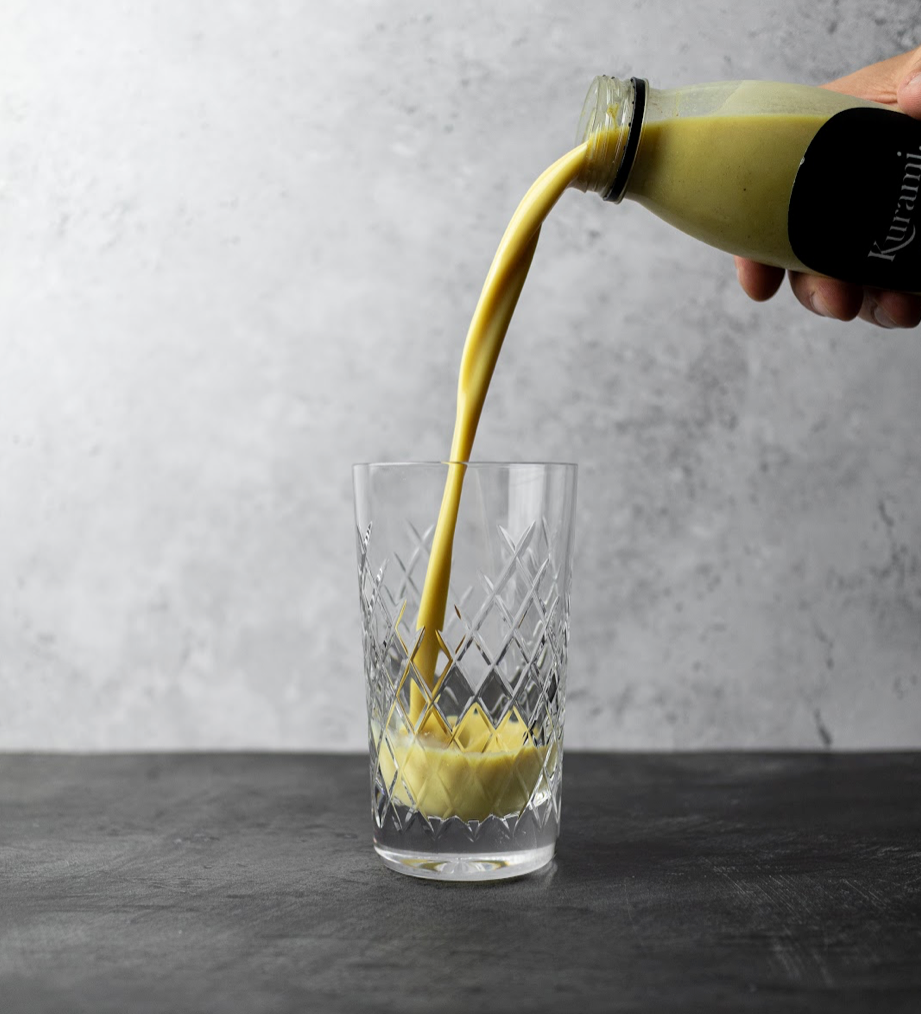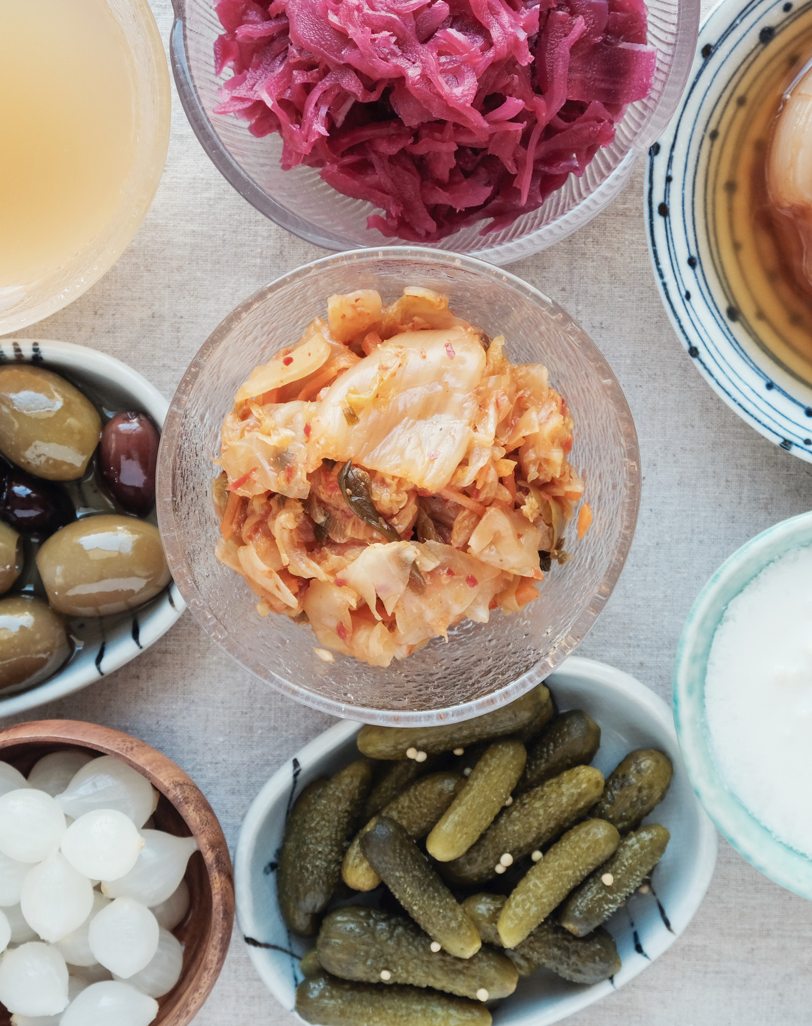
Prebiotics vs Probiotics
Probiotics are live organisms that provide numerous health benefits when consumed, by improving or restoring the gut microflora. In other words, they are your gut bugs. In contrast, prebiotics are the types of indigestible fibre that feed the live organisms. To put it simply, prebiotics are what your gut bugs (probiotics) consume to flourish.
What is the impact on our health?
The gut is where most of our immune system, mental and physical health are cultivated. Taking care of your gut also means looking after the rest of your body and mind at the same time. Increasing probiotics and feeding them with prebiotics can help you do that.
When it comes to specific gut issues, such as irritable bowel syndrome (IBS), research is unclear whether probiotics can help in managing it. This is because everyone’s microbiome is different and on top of that, it is constantly changing. This makes it very complicated to carry out research studies, which require consistency to see trends and be able to draw conclusions on results.
It can be hit or miss for your particular case, but trying a good quality symbiotic (read further to find out what it is) for a couple of months does not do any harm. Consult with your doctor to get advice on which particular strains may be beneficial for your condition.
Probiotics
Yoghurt, kefir, kombucha, sourdough bread, sauerkraut, kimchi, miso, tempeh. Hint to remember easily - fermented and pickled foods contain probiotics.
Prebiotics
Garlic, onion, leeks, Jerusalem artichokes, asparagus, banana, apples, oats, cocoa, flaxseeds.
As humans would not survive without food, probiotics would not survive without prebiotics, so combining the two is essential.
Symbiotics
Symbiotics are pro- and prebiotics combined. This can be in food or supplement form, which may be particularly beneficial after taking a course of antibiotics. A common mistake is taking probiotics, but forgetting about the prebiotics, so the live bacteria has nothing to feed on and does not survive in the gut. Food comes first over supplements, but in some cases, a symbiotic supplement can make it easier to restore the microbiome quicker.
At Kurami we include a variety of prebiotic and probiotic foods in our meal paths. Why not try our tempeh scramble, kimchi fried rice, artichoke and asparagus salad or much loved, KuYo yoghurt, all of which your gut bugs will love! Take a look at our menu here.



